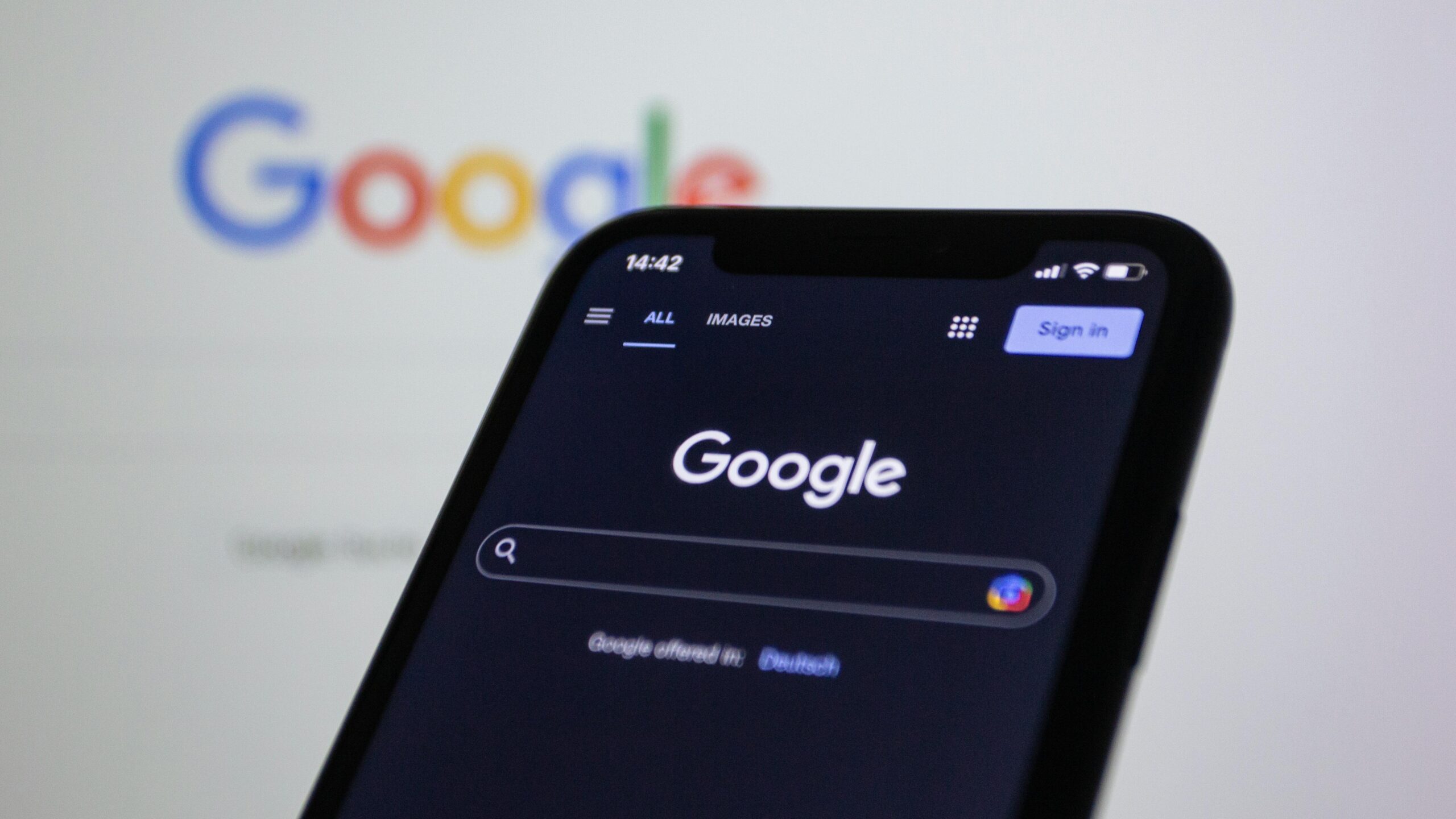People Inc., one of the largest media publishers in the United States, has signed a major AI licensing deal with Microsoft. This deal comes as the company faces a significant drop in traffic from Google, which has been affected by AI Overviews providing direct answers to search queries.
By partnering with Microsoft, People Inc. is taking control of how its content is used in the AI era and ensuring it is properly compensated.
What the Microsoft Deal Means
The new deal makes People Inc. a launch partner in Microsoft’s publisher content marketplace. This marketplace works on a pay-per-use model. In simple terms, every time Microsoft’s AI, like Copilot, uses People Inc.’s content, the company gets paid. This differs from People Inc.’s previous deal with OpenAI, which was more like an “all-you-can-eat” model where AI could access content freely without tracking each use.
CEO Neil Vogel explained that this deal is a strong endorsement of the value of quality content. Microsoft has committed to paying for content that supports its AI products. Vogel emphasized that People Inc. is happy with either model as long as the company’s work is respected and compensated fairly.
Why the Deal Was Needed
Traffic from Google has dropped dramatically over the past two years. Two years ago, Google Search accounted for 54 percent of People Inc.’s traffic. Today, it is only 24 percent. This decline is largely due to AI Overviews providing answers directly in search results, which reduces clicks to publisher websites. Many publishers are facing the same challenge, which has made licensing deals more important than ever.
To respond, People Inc. has used technology from Cloudflare to block some AI crawlers while still allowing Google’s search bots. This forces AI companies to negotiate content licenses instead of taking content for free. Vogel said this approach has been very effective and brought many AI companies to the negotiating table.
How the Pay-Per-Use Model Works
Microsoft’s marketplace tracks how content is used in AI systems. Publishers can get paid when content is used for training models, answering questions, or showing excerpts.
This ensures transparency and fair compensation. Over time, this system could set a standard for the AI industry, similar to how music streaming platforms pay artists based on plays.
Financial Performance and Growth
Despite the drop in Google traffic, People Inc. continues to grow. Digital revenue increased nine percent to $269 million in the latest quarter, driven by performance marketing and licensing.
The company also expanded its content through the acquisition of Feedfeed, a food-focused media publisher, which adds high-quality content for AI systems and helps reach new audiences.
Why This Deal Matters
This licensing deal is important for publishers, AI companies, and consumers. Publishers can now earn from their work, AI companies get high-quality content for training and answers, and consumers benefit from more accurate and cited information.
Microsoft’s approach could set a new standard for fair content use in AI, providing a model for other publishers to follow.
The Bottom Line
People Inc.’s move shows that publishers can adapt to the changing digital landscape. By taking control of AI access and licensing content properly, they protect their revenue and position themselves for the AI era. This deal is both defensive, protecting against declining search traffic, and opportunistic, taking advantage of a growing AI content market.
In conclusion, the Microsoft licensing deal highlights a shift in how media companies will earn money in the AI age. By using pay-per-use models and controlling crawler access, publishers like People Inc. are shaping the future of content monetization. The AI era is still evolving, but this deal shows that fair compensation and innovation can go hand in hand.
Also Read:Elad Gil on Which AI Markets Have Winners and Which Are Still Wide Open

